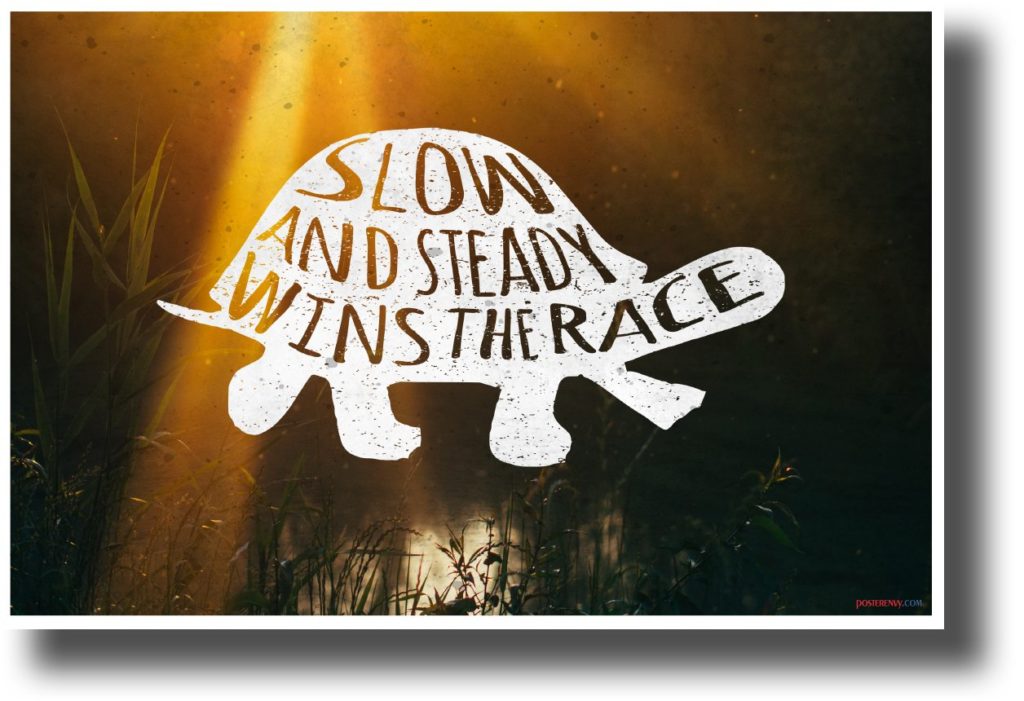Time for a Change

Many years ago, when some MB friends began to settle on land in Ashburnham, MA, there was some discussion about intentional communities and self-sufficiency. One evening, I asked Michio Kushi how long he thought it would take Ashburnham to become self-sufficient and independent. He replied, “Oh, not too long, maybe a couple hundred years.” This answer was not made in jest at all — he was speaking from his perspective of time to which few of us can relate.
Whenever I hear a journalist ask some candidate something like, “well what can we do in the short term”, I shudder. Immediate actions are vital to our survival. Changes we must make as a society to our daily habits around food, energy and consumption of resources will make huge difference, but until there is a long range vision, and enough people committed to it, we are, as David Suzuki wisely quipped, ““We’re in a giant car heading towards a brick wall and everyones arguing over where they’re going to sit.”
Collectively, few cultures on the planet have been more effectively able to respond to the crisis presented by coronavirus than in New Zealand and I do not believe this is because of scientific reasoning or even political leadership; indeed, those down under often credit an Anzac spirit of good humor, ingenuity, courage and endurance. One only need watch the Maori present the haka to get an idea about how those from this culture might face a challenge.

The US democracy, a Republic, is young — not much more than a couple hundred years. During its formation, settlers eviscerated tens of thousands of indigenous people who inhabited the continent for millennia — ancient people who related very differently to time, who understood the sacredness of nature which modern people have chosen to try to master but instead have all but destroyed.
The pace of life now prevalent in most places may never slow enough to prevent our mass extinction; meanwhile, more than just making decisions that impact tomorrow, without a “big view” of life, one that thinks decades into the future rather than cycles of “every four years”, we may just be completely blind to where we are heading and about to hit that brick wall.
Comments
Following